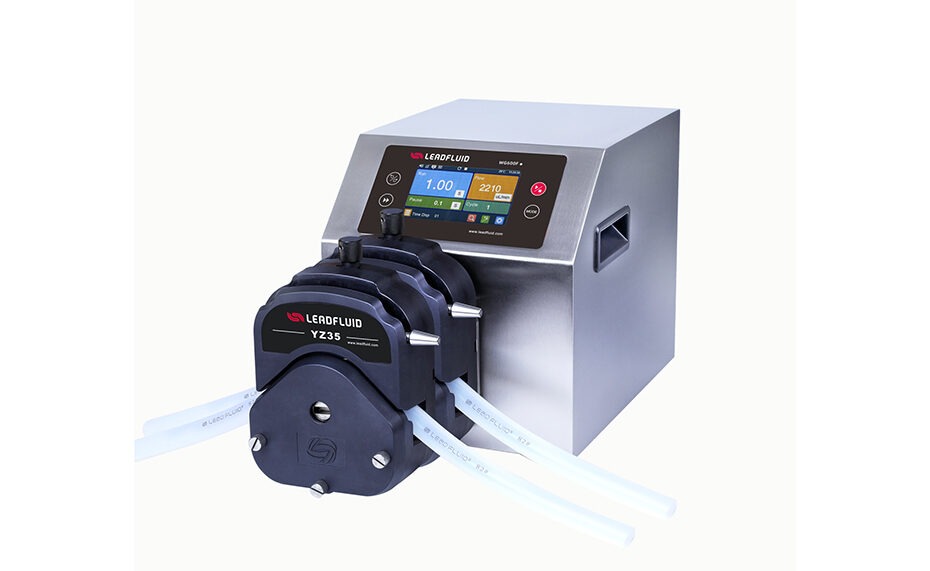Peristaltic pumps are widely used in research experiments, medical applications, environmental protection, agriculture, and other fields. So how can you find the one that’s best suited for you? Let’s explore some practical tips for selecting a peristaltic pump to give you an edge in your work!
1.Define Your Experimental Requirements and Fluid Characteristics
Clarify experimental needs: Define the purpose of fluid delivery (e.g., precise dispensing, continuous circulation), required flow rate, pressure limits, and duration. This helps narrow down pump options.
Understand fluid properties: Consider pH, corrosiveness, viscosity range, solid content, temperature stability, and whether it contains biological or special microorganisms. This information is crucial for choosing the right tube material (e.g., silicone, PTFE, polyurethane), pump head type, and seals.
2.Focus on Accuracy and Stability
Clarify accuracy requirements: Choose a peristaltic pump with the appropriate precision level based on your flow control needs. For high-precision applications, such as drug delivery or precise analysis, consider pumps with feedback control systems.
Verify stability: Check the product manual or consult the supplier about the pump’s long-term stability and drift. If possible, request stability test reports or conduct a trial run of the pump.
3.Consider Compatibility and Ease of Use
System compatibility check: Ensure that the peristaltic pump integrates seamlessly with your existing laboratory pipeline systems, containers, and automation platforms, minimizing additional modification costs and time.
User-friendly design considerations: Opt for pumps with intuitive control interfaces that are easy to program and adjust. Also, consider the pump’s portability, ease of maintenance (e.g., easy hose and pump head replacement), and convenience of cleaning.
4.Ensure Safety and Compliance
Ensure that peristaltic pumps comply with international and regional safety standards (such as CE, UL, etc.), especially when dealing with flammable, explosive, toxic, or corrosive fluids. Special attention should be given to explosion-proof and leak-proof safety measures.
5.Evaluation of After-Sales Service and Technical Support
Choose a peristaltic pump supplier with a strong market reputation and extensive experience. Inquire if they offer comprehensive technical support, installation guidance, and operational training. Additionally, it’s crucial to understand their after-sales service response time, spare parts availability, and repair policies.
